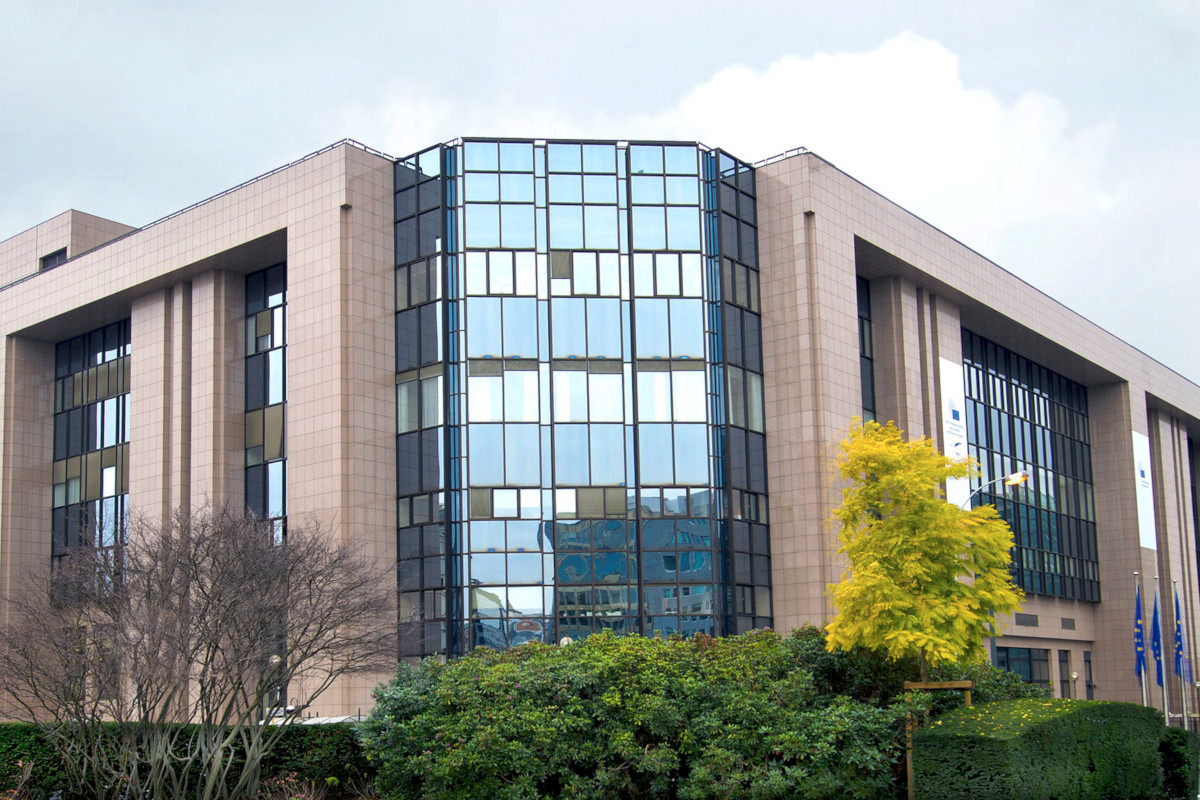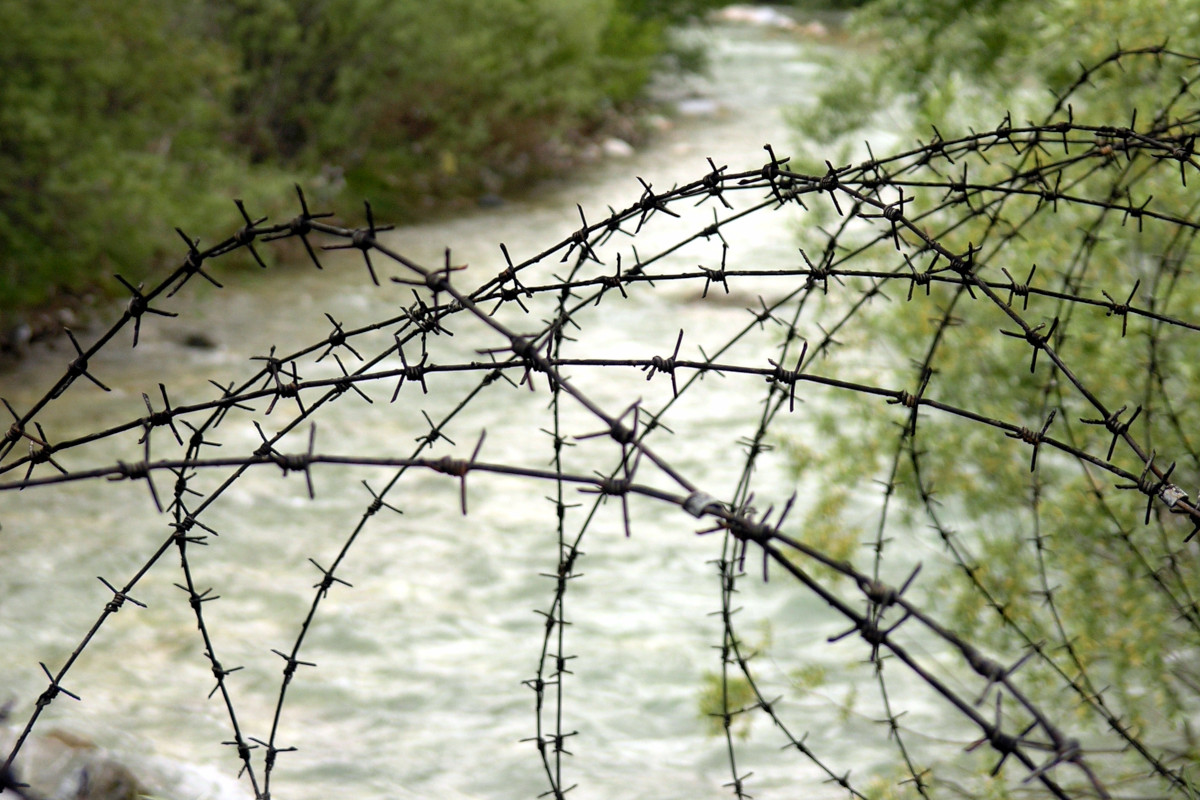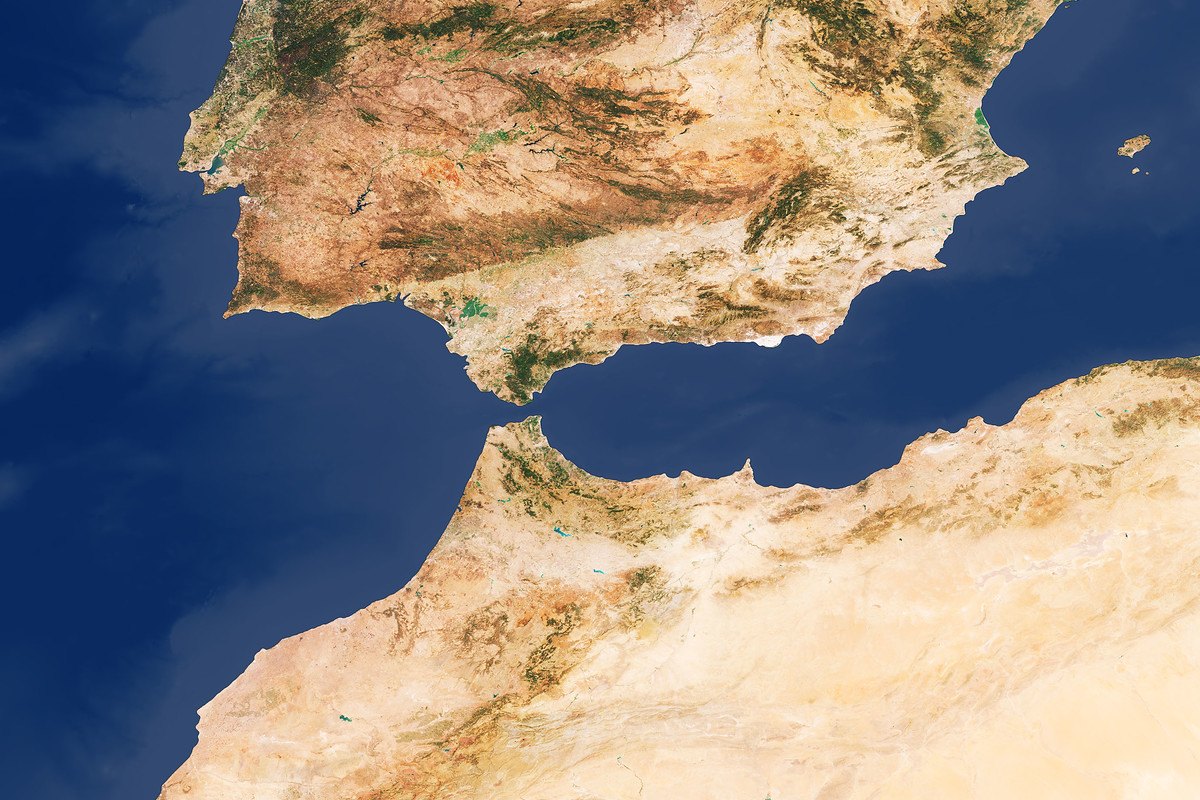Council agrees to "intensify police checks related to illegal immigration across the entire territory"
Topic
Country/Region
25 October 2022
At a meeting of the 'Schengen Council' on 14 October, interior ministers agreed to a number of recommendations on "the migration situation" supposed to address "the current challenging situation at the external borders". Those recommendations have not, until now, been made public.
Support our work: become a Friend of Statewatch from as little as £1/€1 per month.

Amongst other things, ministers want to prevent the imposition of internal borders by Schengen states.
To do so, they agreed to:
"Ensure sufficient capacity at national level to intensify police checks related to illegal immigration across the entire territory and to carry out police checks and migration control on main transport roads, including border areas".
This comes in a section of a discussion paper (pdf) under the heading 'Internal Security'.
The language is similar to many other statements that have come out of the Council in the past - not least that surrounding the infamous Joint Operation Mos Maiorum launched in 2014, which led to "a huge number of migrants" being "intercepted" by the authorities.
While Mos Maiorum was a dedicated operation, the recently-approved recommendation requires a more general commitment from member states to "ensure sufficient capacity" to step up "checks related to illegal immigration".
It remains to be seen exactly how their commitments will be implemented in practice - although reports that came in following Mos Maiorum indicated substantial racial profiling by police officers.
Other sections of the paper deal with border management, returns (deportations), swift implementation of new and enhanced IT systems, adoption of new legislation, the external dimension and secondary movements.
The only official mention made of these recommendations appears in the Council's press release following its meeting on 13 and 14 October:
"Ministers exchanged views on the overall state of the Schengen area, with a particular focus on the management of external borders, in light of the migration situation. They committed to a series of short to medium-term actions in the fields of borders, returns, implementation of IT systems, new legislation, external dimension and secondary movements."
Discussions were apparently also informed by a presentation on the 'Schengen Barometer' from the European Commission (pdf).
Amongst other things, this notes that Frontex had 1,484 officers and 311 vessels or planes deployed as of 31 August.
Documentation
- NOTE from: Presidency to: Council: Overall state of the Schengen area (Council doc. 12901/1/22 REV 1, LIMITE, 12 October 2022, pdf)
- NOTE from: Services of the Commission to: Delegations: Overall state of the Schengen area – Barometer 2/2022 (Council doc. 13366/22, LIMITE, 18 October 2022, pdf)
Our work is only possible with your support.
Become a Friend of Statewatch from as little as £1/€1 per month.
Further reading

Council of the EU discussing migration and security on the 'Silk Route' and Prague Process action plan
The growth of EU policy-making on the "external dimension of migration" shows no sign of abating. Two recent documents, published here, cover "migration and security challenges on the Silk Route" and a Ministerial Declaration and the 2023-27 Action Plan for the Prague Process.

EU: Draft Council conclusions and member state comments on the European integrated border management strategy
Three internal Council documents on the forthcoming multiannual policy cycle on European integrated border management: comments from the member states on the European Commission's policy document published in May, and an initial and amended set of draft Council conclusions on the forthcoming policy cycle.
Spotted an error? If you've spotted a problem with this page, just click once to let us know.

